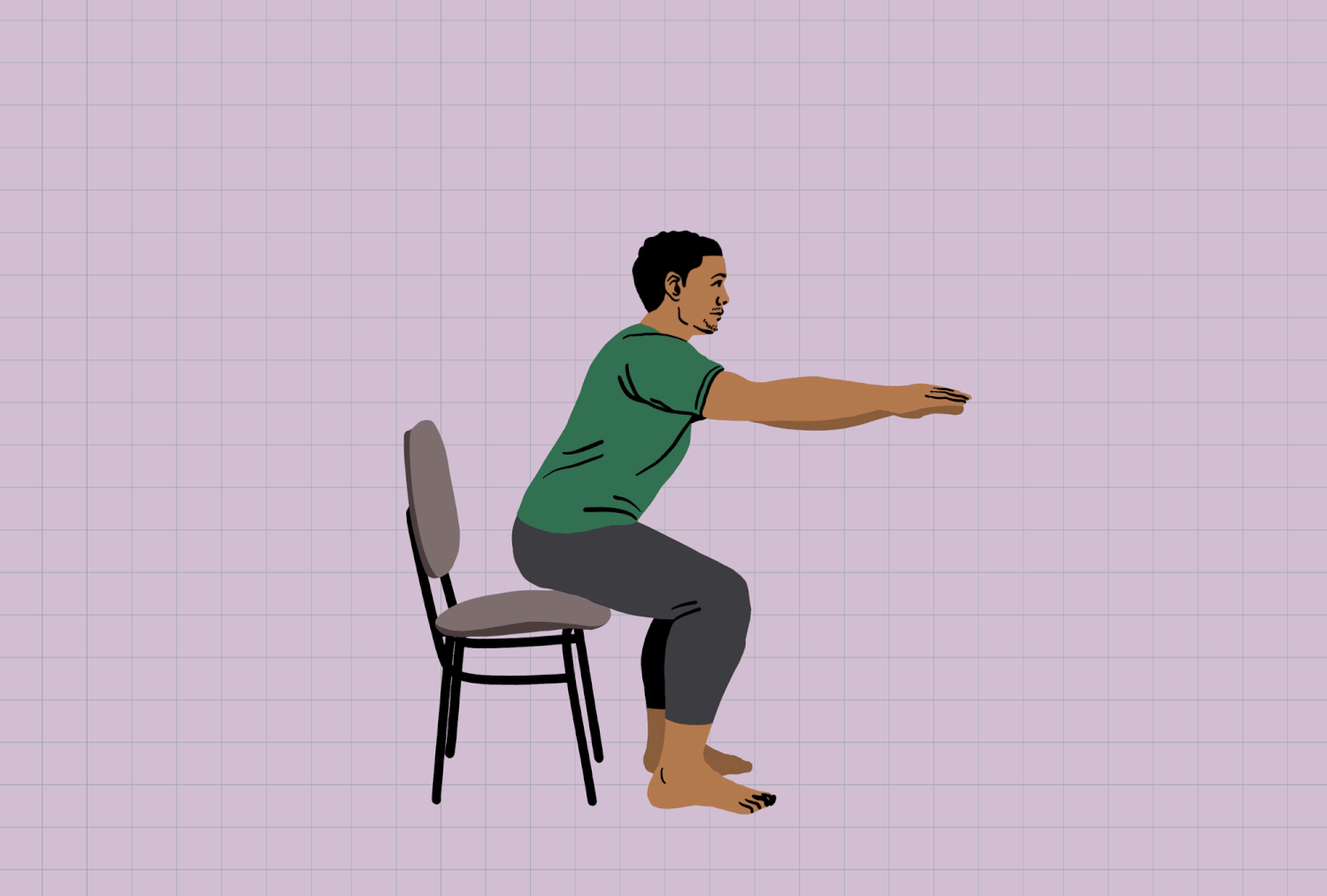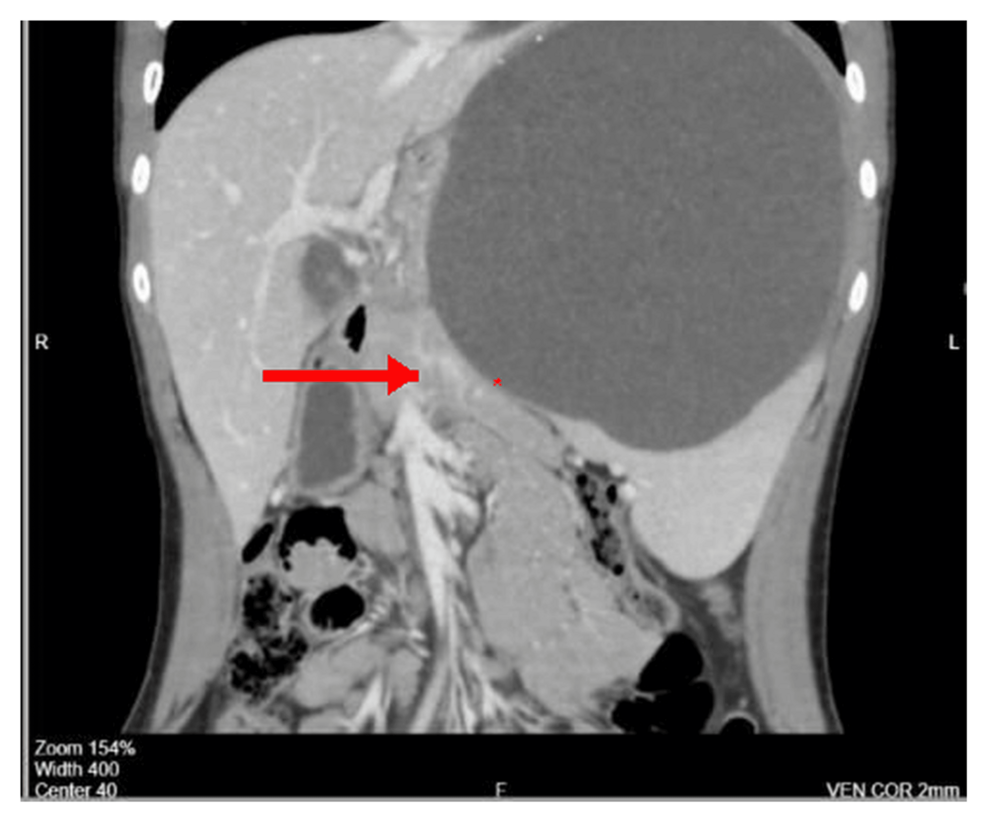Category: 6. Health
-

A New Study Shows That Oatmeal May Help Significantly Lower Cholesterol Levels
Cardiovascular disease is one of the most prevalent causes of mortality, globally.
getty
A new study by the University of Bonn found that moderate oatmeal consumption, even for just two days, was associated with significant decreases in patient…
Continue Reading
-
World Leprosy Day being observed today – RADIO PAKISTAN
- World Leprosy Day being observed today RADIO PAKISTAN
- World Leprosy Day World Health Organization (WHO)
- Access to treatment for leprosy essential to end disease – WHO Blueprint Newspapers
- World Leprosy Day 2026: Time to put an end to stigma as…
Continue Reading
-

6 Exercises to Improve Balance After 50
- Practice balance exercises at least two to three times per week to improve stability and balance.
- Start slowly, focus on form and use support as needed.
- As your balance improves, try increasing the difficulty or frequency of the exercise.
You…
Continue Reading
-

How a vegan diet can help prevent and manage cancer, and the foods to focus on
The benefits of a vegan diet are well documented. From promoting a healthy weight and reducing our risk of heart disease and type 2 diabetes, to improving gut health and lowering blood pressure, countless studies have found good reason to consume…
Continue Reading
-

Girl, 3, Faces Second Organ Transplant After She and Her Brother Were Diagnosed with Rare Genetic Condition (Exclusive)
NEED TO KNOW
-
Etta Cartmill, a 3-year-old girl in Northern Ireland, is preparing for her second major organ transplant
-
The child was born with an extremely rare genetic condition known as TTC21B
-
The girl’s older brother, Olly, was also born with…
Continue Reading
-
-

Scientists attempt to reverse human aging with a new approach
Aging rewires the jobs your cells do, and that slow transformation can result in scarring, weakness, and organ failure.
Scientists now see a way to push some cells back toward healthier roles, raising hopes for treating age-linked diseases.
Continue Reading

7-Day Easy High-Protein Meal Plan for Better Blood Sugar
DAYS 1 2 3 4 5 6 7 MEALS Breakfast: Avocado Toast w/ Jammy Eggs
——–
Lunch: Greek Chopped Salad w/ Chicken
——–
Dinner: Broiled Salmon & Cabbage SaladBreakfast: Tofu & Vegetable Scramble
——–
Lunch: Chicken & Rice Soup +…Continue Reading
Poland unveils nationwide genomics research project
WARSAW, Jan. 24 (Xinhua) — Poland’s largest population genomics initiative, “Genomics for Poland,” was launched on Saturday in Poznan, according to the Polish Press Agency.
Led by the Institute of Bioorganic Chemistry of the…
Continue Reading
Poland unveils nationwide genomics research project-Xinhua
WARSAW, Jan. 24 (Xinhua) — Poland’s largest population genomics initiative, “Genomics for Poland,” was launched on Saturday in Poznan, according to the Polish Press Agency.
Led by the Institute of Bioorganic Chemistry of the Polish Academy…
Continue Reading
